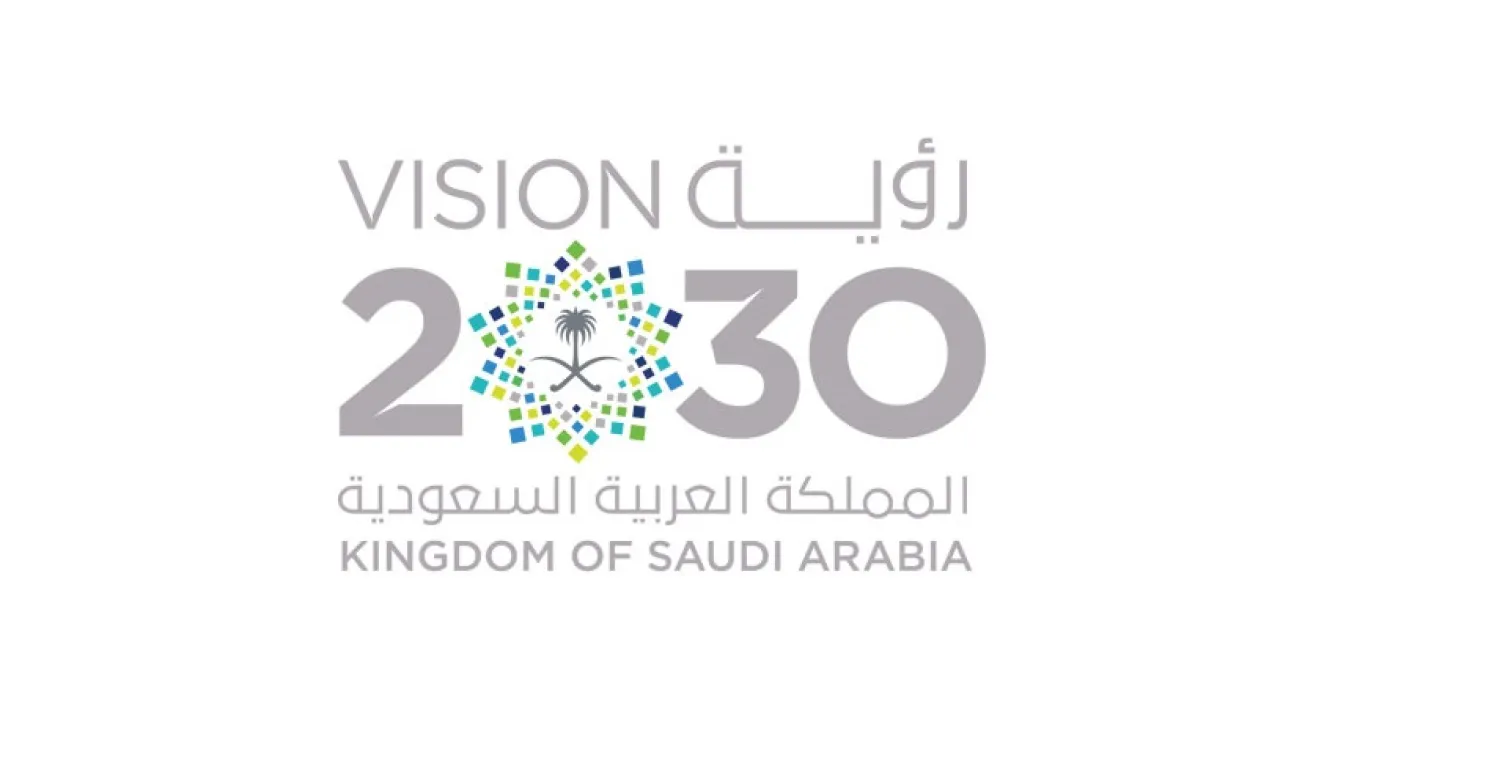The total profit of Saudi firms during the first quarter of 2018 reached around SAR25.4 billion (USD6.7 billion), a drop of 16.4% compared to accomplished profit during the same period last year. According to an analysis by Asharq Al-Awsat, Saudi Electricity Company had played an influential role in the drop in profits in which the company achieved in the first quarter of 2017 profits of SAR4.9 billion (USD1.3 billion) while in the first quarter SAR1.2 billion (USD320 million).
With revising profits of the Saudi Electricity Company in Q1 of 2017 and losses during Q1 of 2018, the total of these two quarters reaches SAR3.7 billion (around one billion) which means an impact of more than 12.8 percent, in case the net profits were moved during these two quarters to the total of profits achieved by listed companies (166 other listed companies).
In case the results of Saudi Electricity Company weren’t included in the net profits of the Saudi market during the first quarter of 2017 and quarter one of 2018, then the fiscal results of the remaining Saudi companies would show a slight progress, in which profits would reach around SAR26 billion (USD6.9 billion) in Q1 of 2017 compared to SAR26.6 billion (USD7 billion) in profits of Q1 of 2018, with 2.3 percent growth.
Given these results, a total number of 70 listed Saudi firms in the local market has shown growth in profits of the first quarter of 2018, at a time when the country has revealed the budget of Q1 of this year.
These updates coincide with a program launched on Wednesday, Financial Sector Development Program 2020, which is one of the main programs to achieve goals of the Saudi Vision 2030. The program’s objectives include creating a diversified and effective financial services sector to support the development of the national economy, diversifying its sources of income, and stimulate savings, finance, and investment by addressing the sector’s challenges.
Through its first pillar, the program will work on a number of Vision 2030-related initiatives, such as enabling new types of players to enter the market, incentivizing the financial sector to finance small and medium-sized enterprises (SMEs) and driving toward a cashless society.
While the second pillar will allow the program to make the Saudi financial market more attractive to local and international investors through a number of initiatives that will see more diversified
investment products and developed legislation.
The third pillar, however, focuses on boosting the demand and supply-sides of savings to bolster the Kingdom’s savings ecosystem.









